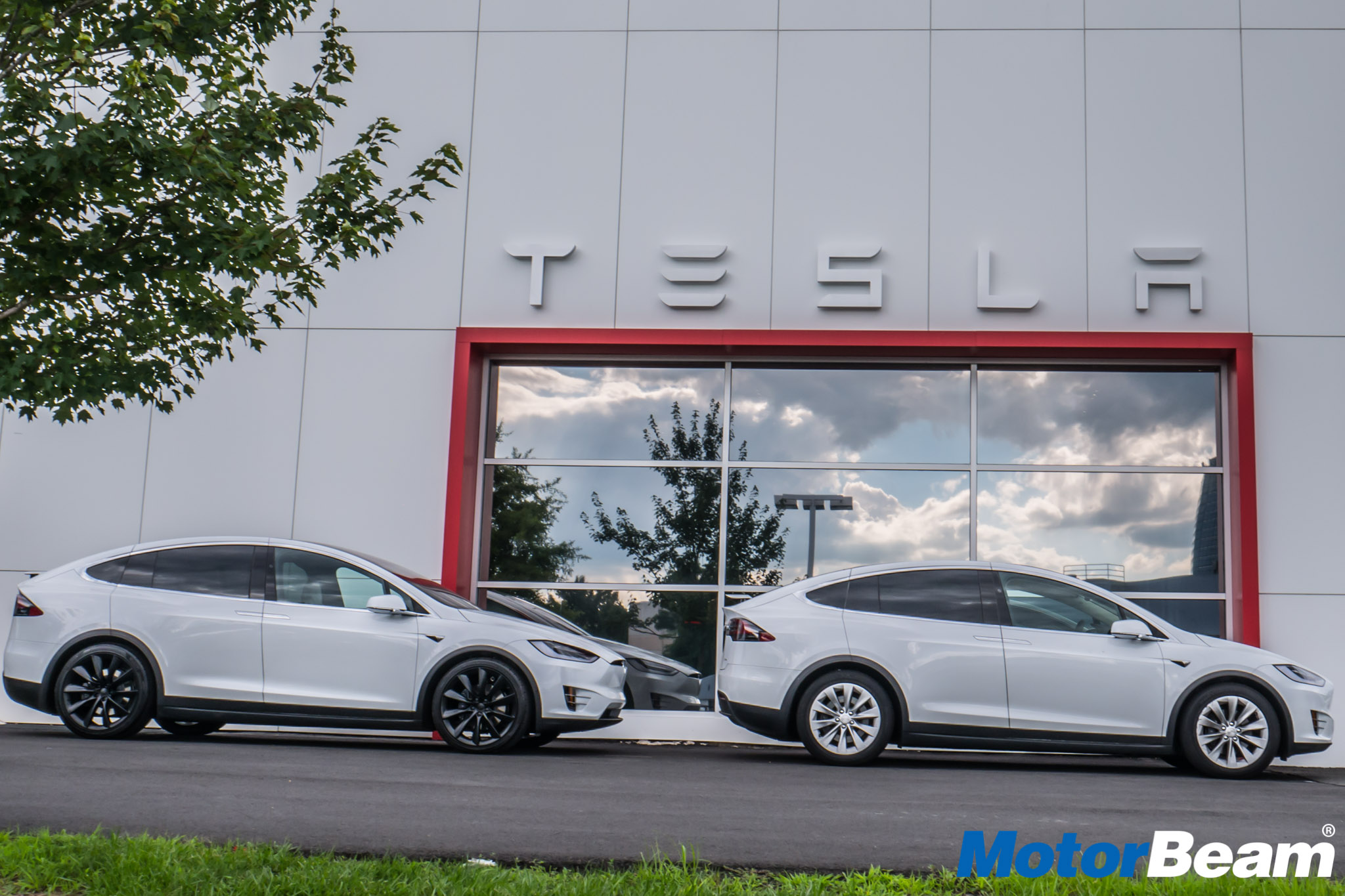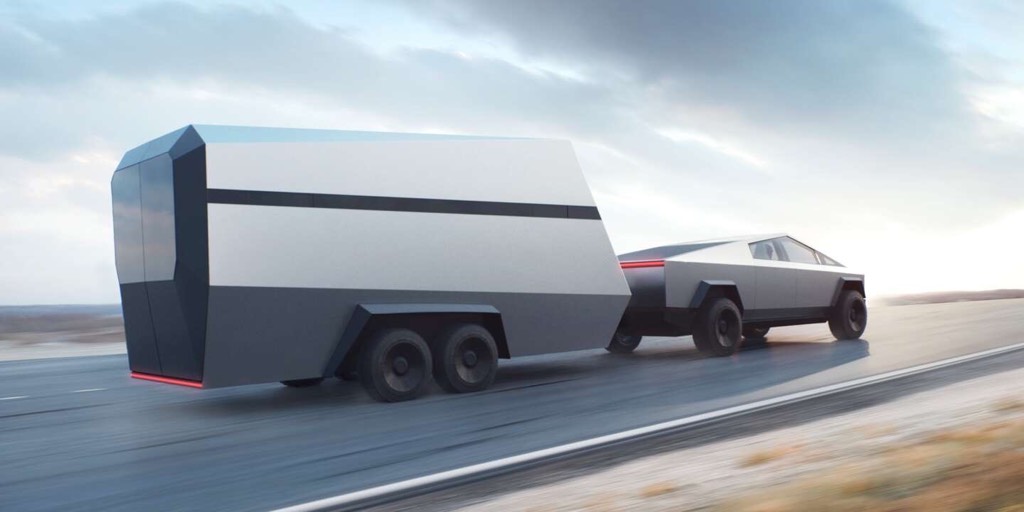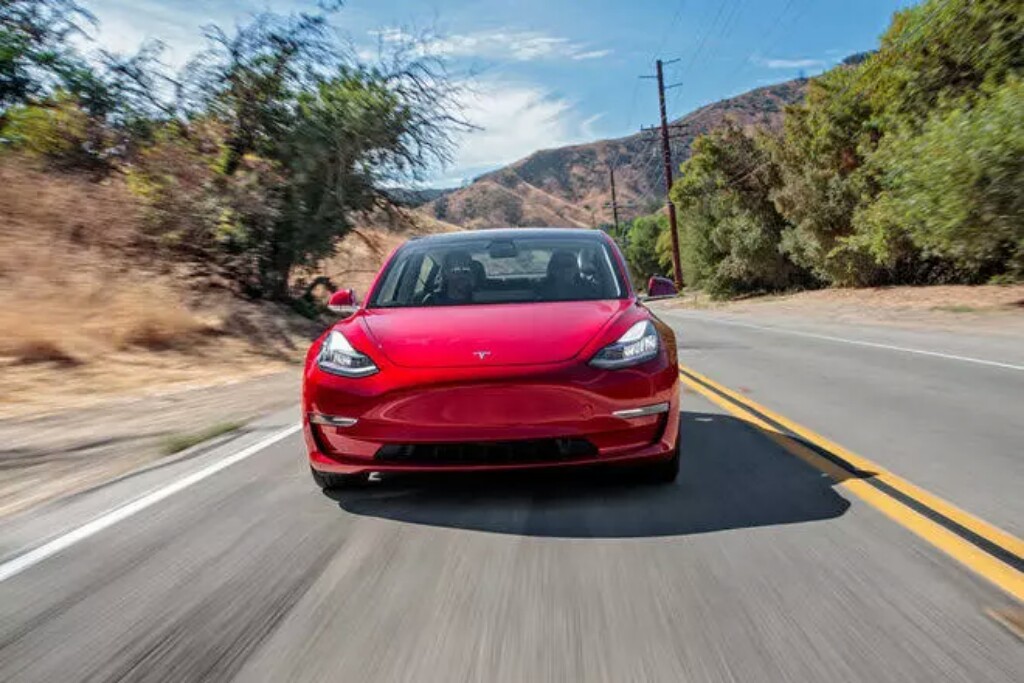
Tesla car manufacturing plant sites currently being scouted in India
Tesla is eyeing India as a potential location for its new car manufacturing plant, with reports indicating a scouting mission by Tesla executives slated for late April. The proposed facility, estimated to cost around US$3 billion, aims to bolster Tesla’s presence in the growing Indian market.
According to speculations, Tesla is considering various states for its manufacturing hub, including Maharashtra, Gujarat, Tamil Nadu and areas around the national capital. These regions offer strategic advantages, particularly their proximity to ports, facilitating the export of locally manufactured EVs to international markets.
The centrepiece of Tesla’s India venture is the production of a new compact EV model, tentatively named ‘Model 2’, designed to be priced competitively under $30,000 (Rs. 25 lakhs). This move aligns with Tesla’s broader strategy to diversify its product lineup and tap into the growing demand for affordable electric vehicles worldwide.
With a projected annual production capacity of up to 5,00,000 units, Tesla’s India unit aims to cater not only to the domestic market but also to export markets in Southeast Asia, the Gulf region, Africa and Eastern Europe. Moreover, there are hints that Tesla might explore establishing a battery manufacturing facility in India in the future, underscoring the company’s commitment to localising its supply chain.
The timing of Tesla’s foray into India coincides with the country’s recent approval of a new EV policy, aimed at attracting investments and fostering the growth of the electric vehicle sector. The policy mandates a minimum investment of Rs. 4150 crores and requires companies to establish local manufacturing units within three years, with at least 25% localisation.
Tesla’s potential entry into India reflects a significant development in the country’s EV landscape, signalling both opportunities and challenges. While the move is poised to inject fresh momentum into India’s transition towards electric mobility and contribute to job creation and economic growth, it also raises questions about infrastructure readiness, supply chain resilience and regulatory frameworks.
Ultimately, the success of Tesla’s India venture will rely on its ability to adapt to local dynamics and deliver products that resonate with Indian consumers and global markets alike.




